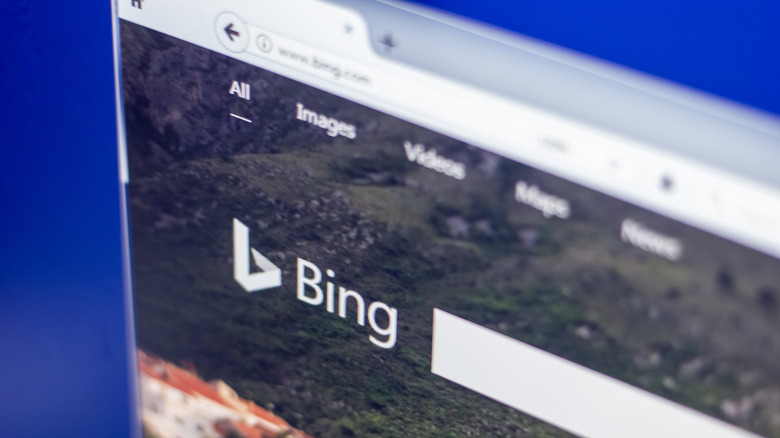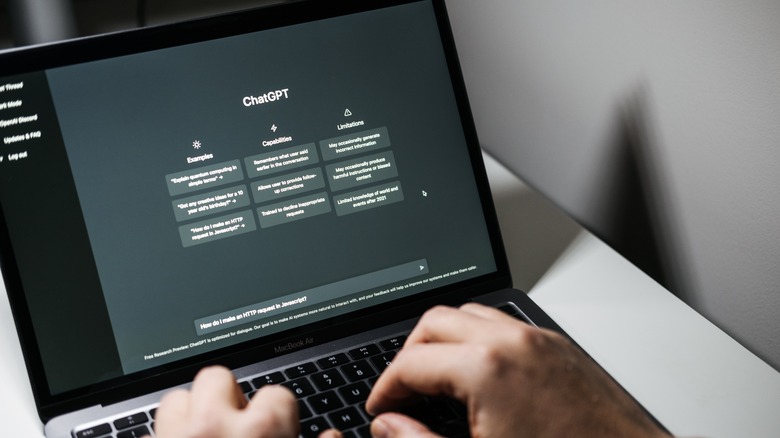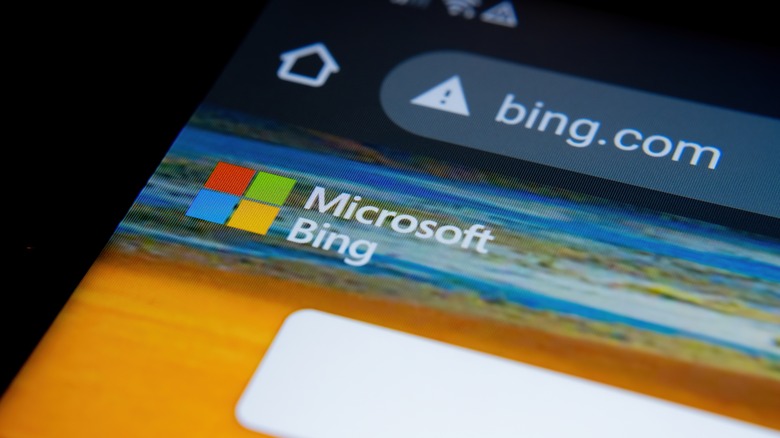Microsoft Radically Improving Search In Cooperation With OpenAI, Dubbing It 'The New Bing'
By now, you've probably heard ad nauseam about the rise of artificial intelligence. Once the watercooler topic of geeky tech enthusiasts, the conversation about AI has exploded in recent months thanks to the release of tools like ChatGPT, which greatly advanced the scope of what a chatbot is capable of.
Unlike hyper-specialized offerings such as Jasper.ai and Wolfram Alpha, this consumer-oriented implementation takes all of the best individual capabilities of today's most powerful AI services and combines them into one powerful tool. To offer a metaphor of its efficacy for a broad audience, it's like if Anthony Bourdain were to buy all of the best ingredients from each corner of the world and boiled them down into a hearty stew, and all you have to do is show up to the restaurant and eat.
ChatGPT (and the language model it's built on) is still in its infancy, and it certainly has a huge bucket of issues to sort out. However, shortly after Google's announcement earlier this week of Bard, a new conversational chatbot based on its own LaMDA-powered language learning model, Microsoft quickly shook its gloves off in a heart-stopping warning shot that its biggest rival won't be monopolizing our artificially intelligent future.
Let the AI wars begin
At a private event held at the company's Redmond headquarters today, Microsoft invited OpenAI on stage to announce a partnership that will bring us "The New Bing," a reimagined search experience that builds on the success of ChatGPT and similar AI-powered tools. Microsoft declined to name-drop any specific learning model, but it's widely speculated that its "next-generation" model is based on GPT-4, which is expected to be trained on a dataset comprising billions of text inputs as opposed to the current generation's low millions.
On the web, the new Bing will clearly separate its landers for traditional search queries and your chat-heavy needs, though it sounds like both sides of this coin will eventually work harmoniously. From the sounds of Microsoft's ambitious presentation, we can expect it to permeate not just Microsoft's web search offering but eventually grow into a major component of the Windows experience at large.
In addition to a newly designed Edge browser, complete with a designated Bing Chat button, that blends better with Windows 11, we'll see a refined user experience that puts search front and center, according to the company. Its envisioned future sounds like the evolution we'd originally hoped to see with Cortana, Microsoft's defunct digital voice assistant that was appropriately named after the powerful sentient AI helper featured throughout the "Halo" video game series.
The future of search is here
One major difference in Microsoft's implementation of AI here is that it'll blend seamlessly with the Bing search experience. Whereas ChatGPT spits out responses with little external context, the new chat-powered Bing will annotate your search queries with the exact citations it draws its answers from, which helps strengthen the user's confidence in what it's telling them.
Bing will seemingly have a leg up on its spiritual predecessor here, as it can offer much more up-to-date info, as opposed to ChatGPT, which doesn't yet know much about the world beyond 2021. It also claims to offer better contextual search results, an area the company says its rivals — ahem, Google — have stagnated in recent years. Bing will continue to offer additional related information for each search just as Google's Knowledge Graph does, but with the update, you'll be able to dive deeper into your research by prompting the bot with either a predetermined follow-up query or a question of your own.
That Google revolutionized search like no other can't be disputed, but it's also true that the experience hasn't changed much of late. That's, perhaps owed to years of refinement that, frankly, probably couldn't get much better without the radical infusion that only something like AI can bring, so while you can't count it against Google that its competitors have innovated so rapidly on the search game, it had better pick up the urgency of its counterattack.


